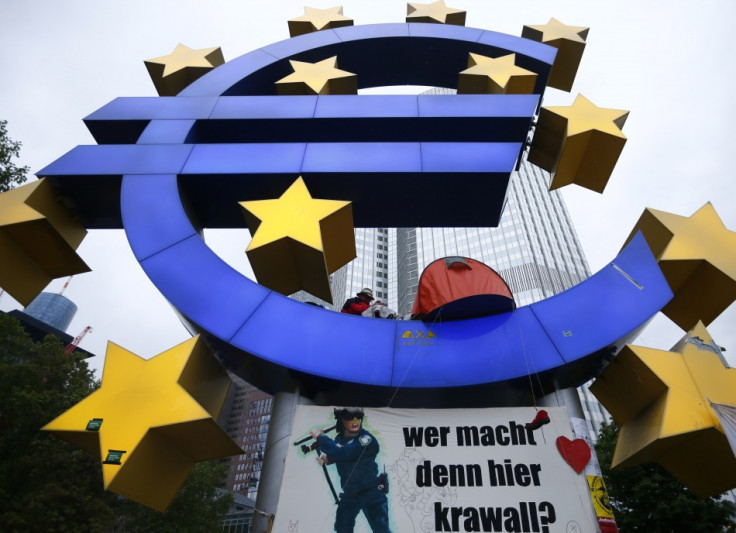Euro Drops against Dollar and Yen: What would be the Future of Single Currency after G8?

The Greek contagion effect unsettled the euro as the single currency suffered throughout the trading sessions registering a four-month low in the past week.
The euro fell more than 3 percent in May, almost touching its January low of $1.2623.
It slightly bucked the trend on Friday ahead of the weekend meeting of the eight industrialised nations in Camp David, north of Washington.
Heads of all major nations would be in attendance at the summit hosted by US President Barrack Obama.
The euro tumbled to $1.2640 before gaining 0.5 percent to reach $1.2763. It hit the session peak $1.2794 after stops were triggered around $1.2750.
It fell to 100.17 yen, its lowest since early February, before closing at 100.97, a gain of 0.3 percent on the day.
The currency has been in oversold territory since 7 May, according to the Reuters 14-day exponential relative strength index.
Though the eurozone crisis would dominate the discussions at the G8 summit, traders and analysts are not expecting any concrete steps or decisions to emerge out of the meeting regarding the Greek crisis.
Despite the rebound of the currency on Friday, investors were reluctant to place bets on the euro and they preferred the safety of the US dollar and the Japanese yen in view of the prevailing uncertainties in Greece and Spain.
"Even as position squaring dominates ahead of this weekend's summit of G8 leaders, strong undercurrents of risk aversion persist, as a result of which the US dollar remains net bought on balance," Reuters quoted Samarjit Shankar, managing director of global FX strategy, BNY Mellon in Boston as saying.
The euro was under pressure in the past week because of a wave of political and economic developments.
Greece was not able to form a coalition government because of opposition of its major political parties towards the austerity measures it has to implement to receive the EU/IMF bailout fund.
Greece and Spain - Major Worries for Euro
Any negative news from Greece and Spain would be of direct effect to the euro performance. Traders and investors are looking for any bad news from these areas.
Greece is heading for mid-June elections and any victory for the opposition parties, a possibility according to recent opinion polls, would accentuate Greece's exit from the 13-year-old single currency group.
An opinion poll on Friday placed the New Democracy party ahead of Syriza and Pasok.
"Given the recent past for Greece, investors are going to remain skeptical ahead of that mid-June election," Bloomberg has quoted Joe Manimbo, a market analyst at Western Union Co's Western Union Business Solutions unit, as saying.
"We could see continued political discord in Greece, something that would only increase worries about the debt crisis and likely keep borrowing costs for nations like Spain and Italy elevated," Manimbo added.
Fitch Ratings downgraded Greece from B- to CCC on 17 May, citing reasons such as failure to form a government which adheres to effective implementation of austerity measures.
The European Central Bank (ECB) also indicated that it would not compromise on Greece to keep it in the currency block while temporarily suspending lending to Greek banks.
Meanwhile, on Thursday, Moody's downgraded 16 Spanish banks including the biggest lender of eurozone, Banco Santander SA.
Moody's cited bad loans, recession, funding access worries, real estate crisis, high unemployment rate and lower credit worthiness of the government as the reasons for the downgrade.
Traders are only favouring short positioning in the euro currently considering the flow of negative news from the region and the uncertainties on Greece even after the G8 summit.
© Copyright IBTimes 2025. All rights reserved.





















